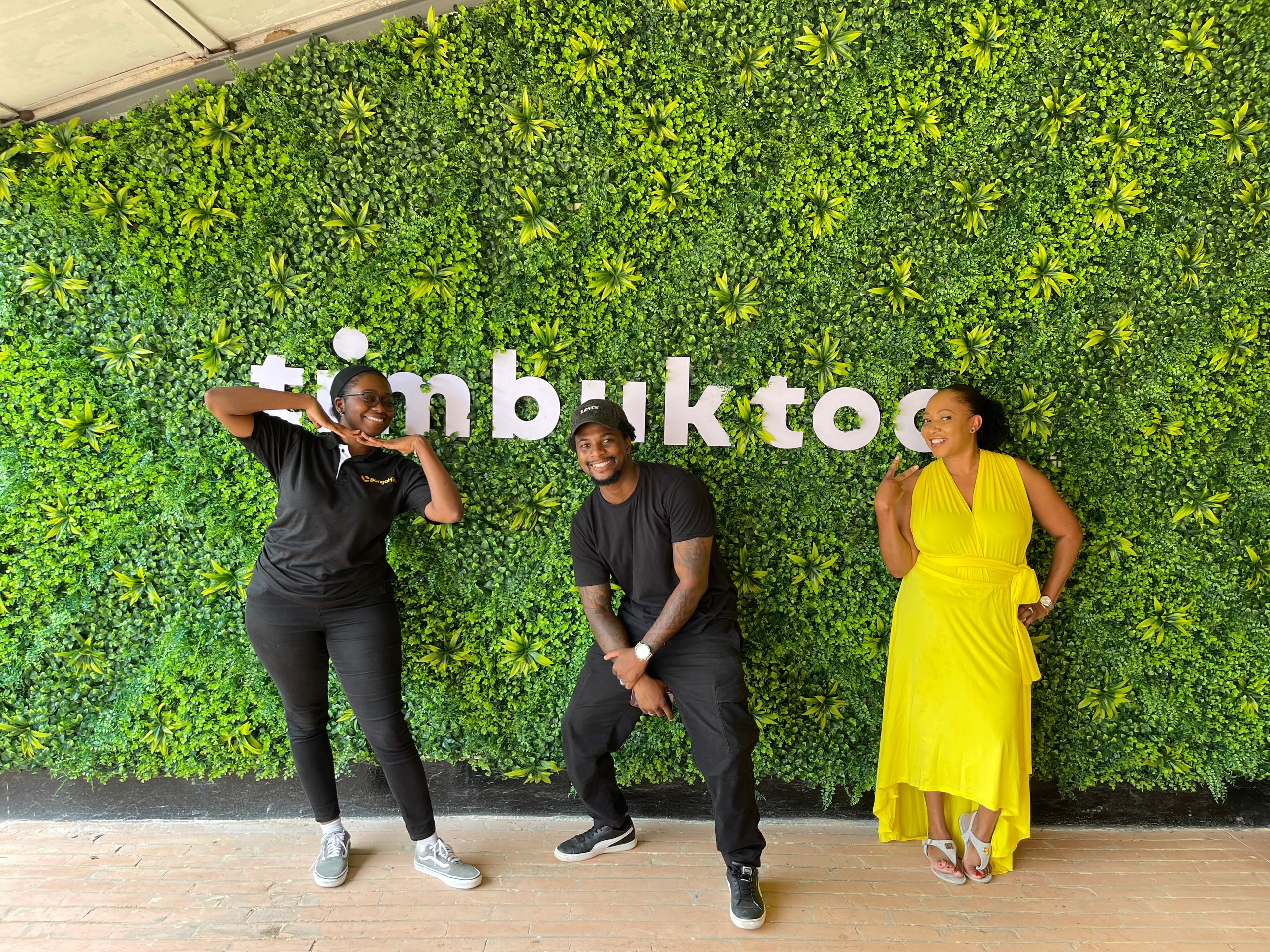
Mariah Tembo writes, Imagine this: The African mining sector, long defined by its wealth in natural resources, finally unleashing its full potential through innovation and entrepreneurship. It’s not a distant dream, but a reality that’s taking shape right now with the launch of the Timbuktoo MineTech Accelerator.
This transformative initiative, led by the United Nations Development Programme (UNDP) Zambia in partnership with the National Institute for Scientific and Industrial Research (NISIR), is breathing new life into the continent’s mining industry. But what makes it so special? Well, it’s about breaking the mold. Africa, despite holding over 30% of the world’s mineral reserves, has only captured a sliver of global mining investment. The Timbuktoo MineTech Accelerator is determined to change that, harnessing the power of innovation to drive economic growth, bridge the gap between potential and reality, and empower young entrepreneurs to revolutionize mining in Africa.
I had the chance to witness the program’s official launch on December 12, 2024, at the NISIR campus in Lusaka, Zambia. The atmosphere was electric. Key stakeholders from the UNDP, NISIR, and government gathered, their excitement palpable as they kicked off an initiative that promises to change the face of Africa’s mining industry. And for us here at BongoHive, we couldn’t be prouder to be part of it. As Zambia’s leading tech and innovation hub, we’ve been working closely with the accelerator, bringing our expertise to ensure it’s structured to deliver real impact for the selected startups.
Now, let’s talk about the selection process. The accelerator is all about finding the brightest minds with bold ideas. Over the coming months, 20 startups will be chosen from across Africa, with the help of a highly competitive selection process. These startups will be evaluated on their innovation, feasibility, and readiness—measuring the potential of their ideas to truly solve problems in the mining sector. And to ensure there’s a steady flow of talent, five additional startups will be selected as reserves.
Once selected, the journey begins.
In March 2025, these startups will embark on an intensive bootcamp that spans two months. The first phase? An in-person workshop at NISIR’s state-of-the-art facilities, where they’ll roll up their sleeves, refine their prototypes, and get hands-on mentorship. The second phase will be virtual, focused on business strategy, market entry, and preparing for their pitch. Startups will also gain exclusive access to NISIR’s labs, where they can immerse themselves in mining technologies and sustainability practices that will shape the industry’s future.
But the accelerator doesn’t stop at bootcamps. The Incubation and Acceleration phase will provide the most promising startups with critical resources: access to equity-free funding, mentorship, market connections, and continued support to refine their business models and product offerings. It’s a truly holistic approach to building businesses that are not just viable, but impactful.
What really excites me about the Timbuktoo MineTech Accelerator is its focus on Africa’s youth. This program isn’t just about mining—it’s about empowering the next generation of innovators who will solve not only mining challenges but larger technological and economic problems across the continent. By offering resources, mentorship, and networking opportunities, the accelerator is helping Africa’s entrepreneurs take ownership of their future, making the continent a global leader in innovation.
As the accelerator continues to grow, it’s clear that the Timbuktoo MineTech Accelerator is on track to become a driving force for change in Africa’s mining sector. By empowering startups, fostering collaboration, and bringing sustainable solutions to the forefront, it’s creating opportunities that will ripple out to investors, communities, and the broader economy.
For me, this is more than just an accelerator; it’s a movement. One that positions Africa to not just mine its resources, but to mine its future. And I can’t wait to see the impact it will have.
 BongoHive
BongoHive